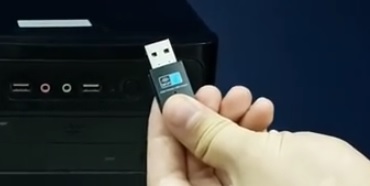
Everyone needs wireless when it comes to their devices. Most all devices now come with built-in WiFi that makes connecting to a network easy.
Sometimes though, built-in wireless cards can break, need upgrading, or simply need more distance to get a good signal.
Also, many desktop computers do not come with built-in WiFi.
This is where USB wireless adapters become useful.
While some devices can be opened up and an internal card installed or upgraded, such as a laptop using a USB adapter is much more simple.
What Is a USB Wireless Adapter?
A USB wireless adapter is an electronic device that converts wireless signals to USB giving a device WiFi ability.
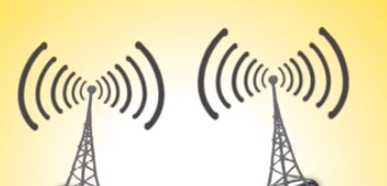
They are also sometimes called wireless dongles.
Wireless USB adapters come in all shapes and sizes, from long-range to small, stubby units.
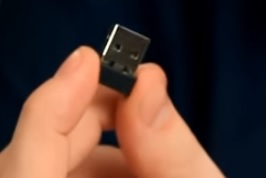
The protocols they use also can vary.
What are Wireless Protocols?
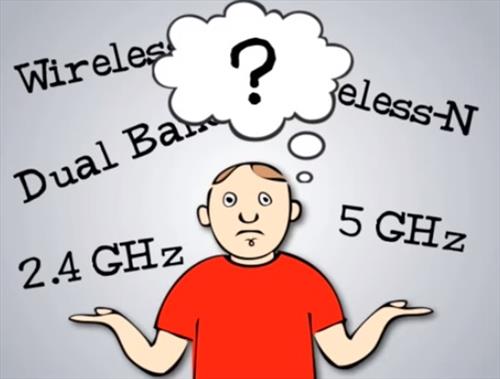
802.11 is a number given to WiFi protocols.
802.11 always has a letter that follows it that shows which WiFi protocol the adapter can use.
For example, 802.11AC or WiFi-6 is the most widely used protocol today.
The WiFi Alliance which sets protocols and WiFi standards has introduced a new naming scheme to help make wireless standards easier to understand.
The new names are simply WiFi 1, 2, 3, 4, 5, and now 6.
802.11 WiFi Protocols
| Protocol | Year | Transfer Speed | Frequency |
| 802.11b WiFi-2 | 1999 | 11 Mbit/s | 2.4GHz |
| 802.11g WiFi-3 | 2003 | 54 Mbit/s | 2.4GHz |
| 802.11n WiFi-4 | 2009 | 150/300 Mbit/s | 2.4GHz and 5GHz |
| 802.11ac WiFi-5 | 2013 | 866.7 Mbit/s | 5GHz |
| 802.11ax WiFi-6 | 2019 | 3.5Gbps | 5GHz |
Wireless Frequencies or Band
The frequencies, also called a band, that an adapter uses are also important so that it is compatible with a network.
Until 2013 only the 2.4GHz frequency band was used.
2.4GHz is still widely used; the problem is that it has become overcrowded with other wireless devices fighting to get a signal through.
When two signals collide, wireless electronics must resend the data slowing down a whole network.
To help fix the WiFi overcrowding problem, the 5GHz band has been introduced for use with WiFi.
Most new electronics now come with the ability to use 2.4GHz and 5GHz bands.
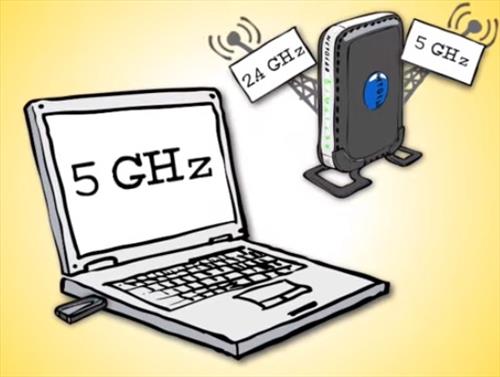
When an adapter uses both the 2.4GHz and 5GHz frequencies, it is called a Dual Band adapter.
Keep in mind just because the 5GHz frequency is newer doesn’t make it better in some scenarios.
For example, a 2.4GHz wireless adapter can transmit farther than a 5 GHz signal.
The reason for this is that lower frequencies simply travel farther than higher frequencies and can pass through barriers such as walls easier.
Wireless Data Transfer Speeds
Wireless-AX (WiFi-6) is the newest WiFi protocol and the fastest rated transfer speed available at up-to 3.5Gbps.
Wireless-AC (WiFi-5) has the second fastest speed at max 866Mbit/s
Some dual band adapters can use both frequencies (2.4GHz/5GHz) to get up to some very high theoretical speeds.
Keep in mind that distance and any obstacles such as walls will always slow down a WiFi signal. The theoretical speed of any wireless device most often can never be reached and depends on the environment they are in.
WiFi Adapters and Distance
Adapters that have large dBi antennas are better at carrying a signal than small dongles with built-in antennas.
Getting an adapter with a bigger antenna will not guarantee a better signal at a distance, as other factors come into play.
For example, a bigger dBi antenna may be able to receive a signal from farther away but not transmit back. The transmission also depends on the watts a wireless dongle puts out.
So What USB Adapter Is Right For You?
Getting the right wireless adapter depends on several factors, from price to compatibility.
A wireless dongle must have the right Drivers for the operating system that is being used.
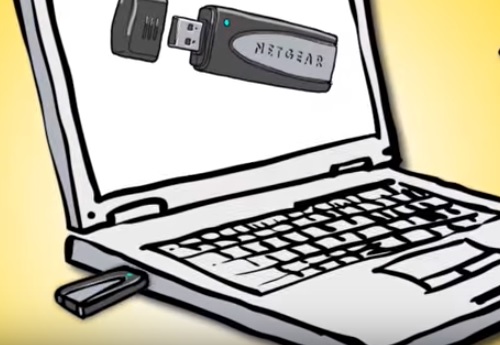
For example, if Windows 11 is being used, be sure it is Windows 11 compliant.
The router being used is also important. Most new routers are dual band while old routers will only be able to transmit and receive at 2.4GHz.
If you are unsure about the router being used, be sure to get a dual-band USB adapter so that it will work with any router.
Read Here For Our Picks for Best USB Wireless Adapters
Buying the right adapter is simply a matter of matching it to your operating system and network.
If you are unsure of the network being used be sure to buy a dual band USB dongle that has Wireless-N support as it will work on most any setup.
I have Linksys USB adapter and Netgear router both work great
I have a receiver that does not have a USB port. I want to transmit sound from this receiver wirelessly to some speakers. Is there a device that can be hooked up to the receiver to do this?
I have 4 mini wireless where I have lost the usb dongle. is there anyway I can find that dongle that works with those mini keyboards
is their any dongle compatible with Microsoft comfort keyboard 1.0A